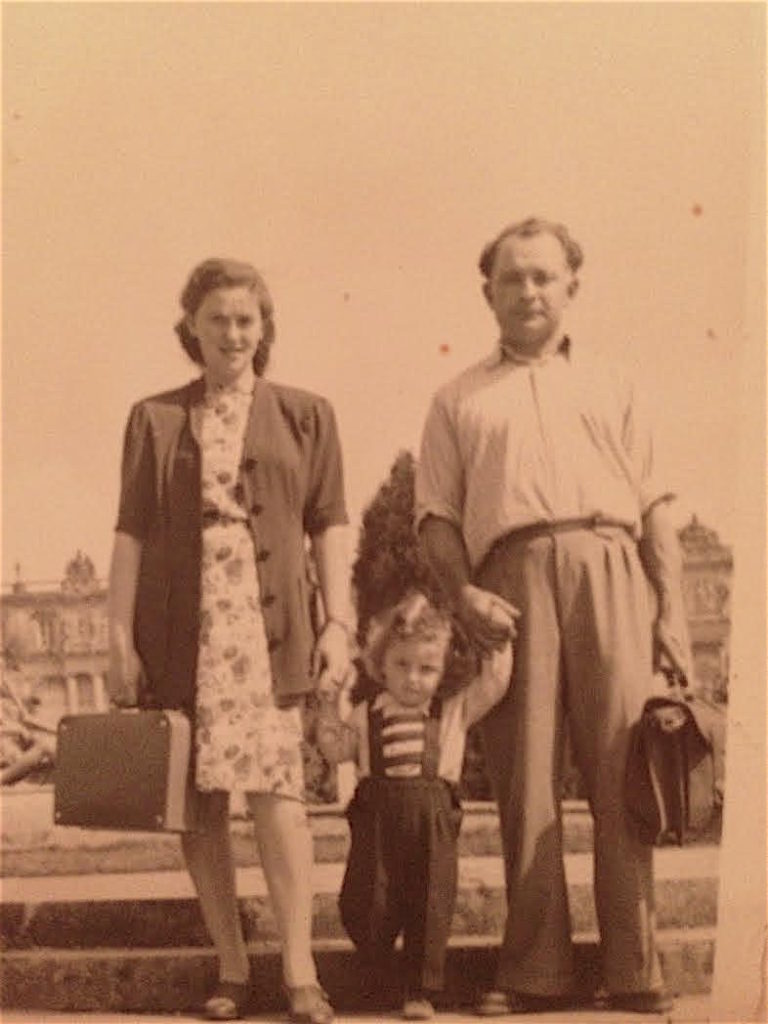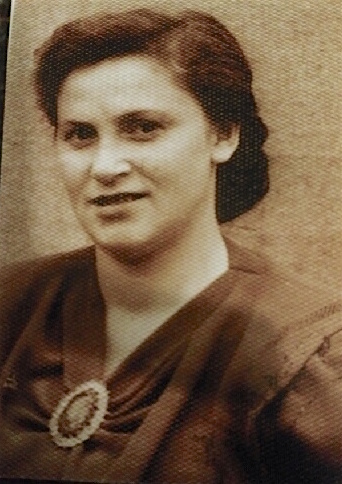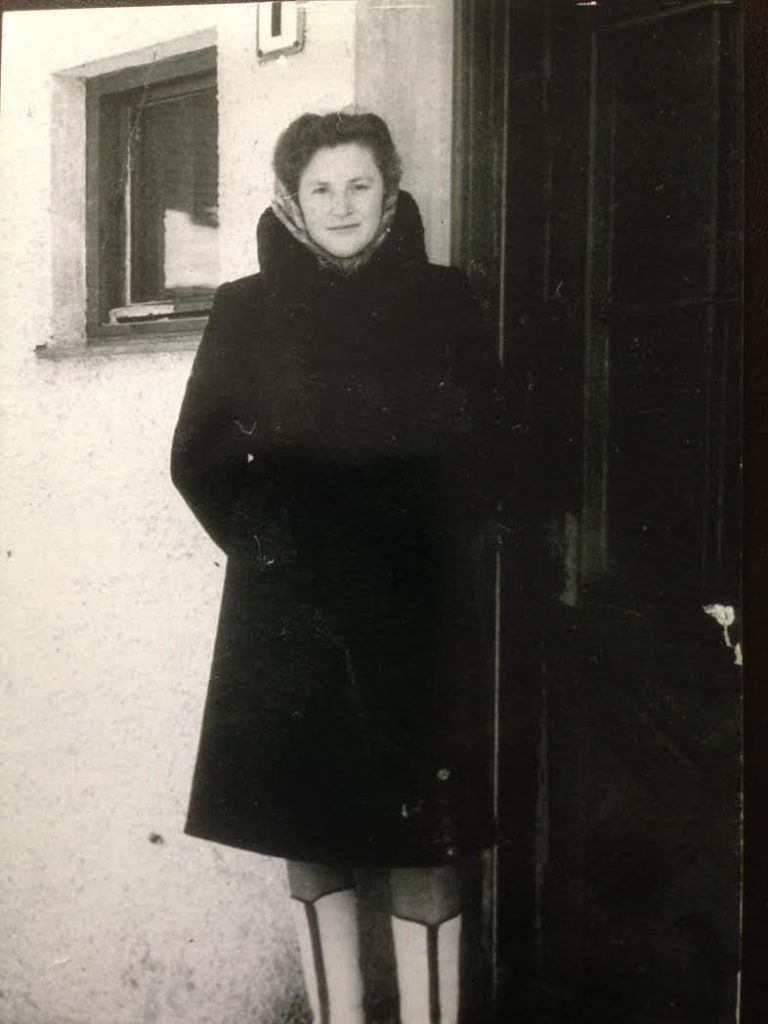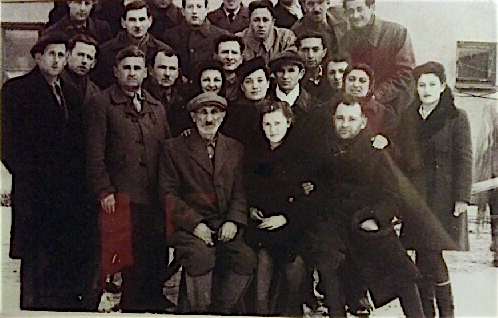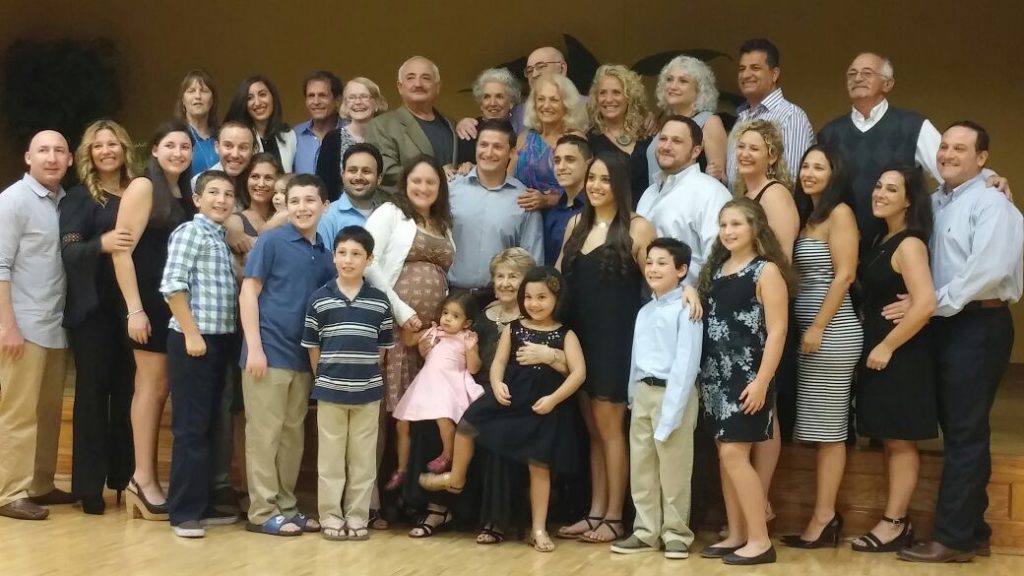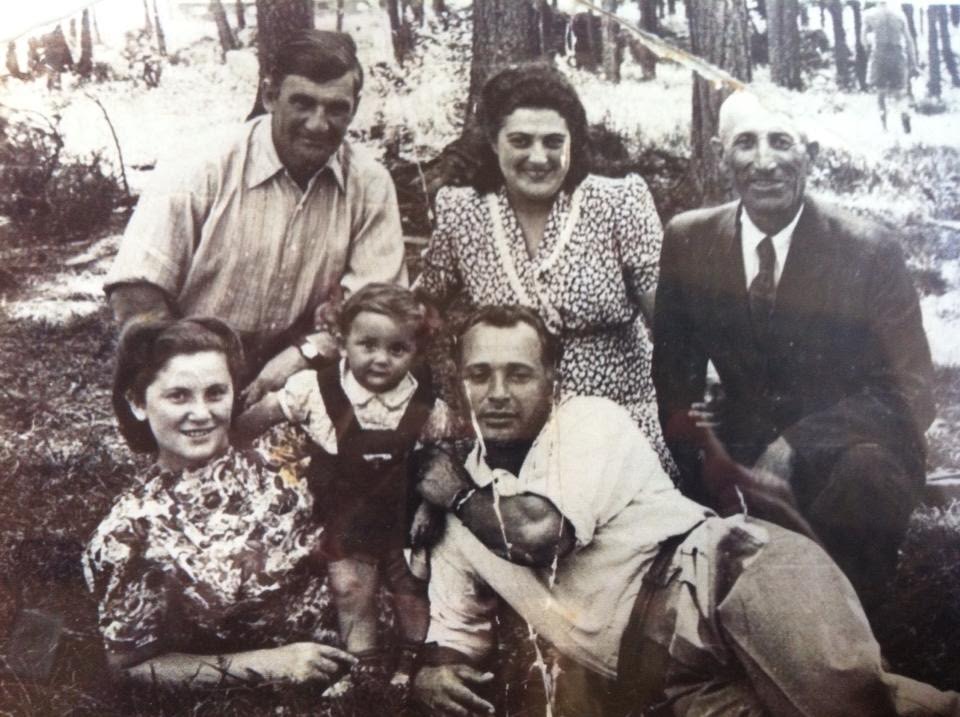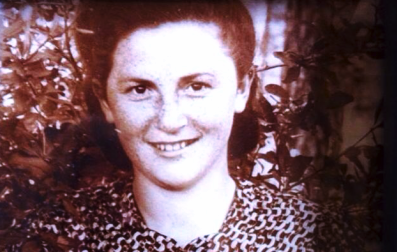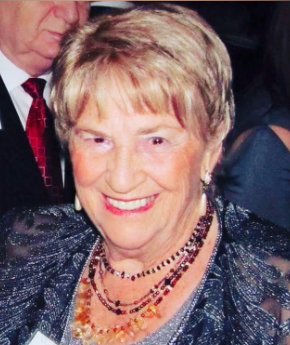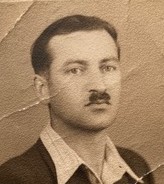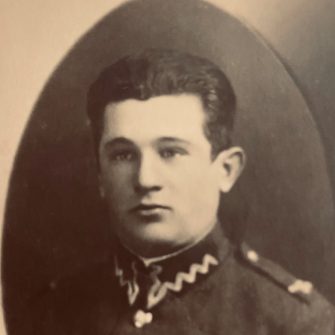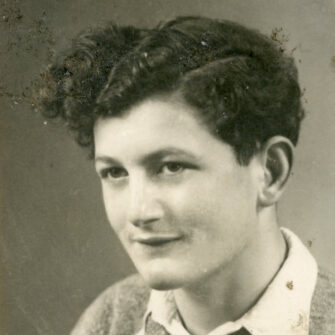Judith was born into a large and well-to-do family in Lida, Poland. She lost most of her family in the slaughter on May 8, 1942, when 6,000 Jews of Lida were murdered by the Einsatzgruppen. She remained in the Lida ghetto with her oldest sister and her sister’s two children until the liquidation of the ghetto.
As the Jews were marched to the trains headed for the Majdanek Concentration Camp, a German soldier told Judith that he didn’t know where the train was going, but he knew it wasn’t good. He told her that she was a beautiful girl and she saw empathy in his eyes. Judith told the soldier that she was going to run and that he could shoot at her if he wanted. He took off her star and told her to wait for the right moment to run. Her sister Rasha also told her to run, but she had two babies with her and could not go with Judith. At the right moment, Judith ran. Shots were fired, but she was not hit. She jumped over a hedge and hid listening while the train was loaded and then pulled out of the station. No one from that train ever returned. She was now alone; her three sisters, her brother, and her family of many cousins, uncles, and aunts were all gone.
A Polish man helped her escape from Lida, taking her to the village of Dolinda where she met a partisan who then transported her to the Raschinsky otriad, a unit composed of Russian paratroopers. She was treated very well and given a gun. She served as a combatant in this unit until just three months before liberation. As many local Poles and Belarussians joined the Raschinsky unit, antisemitism increased and the situation become very dangerous for Judith. Concerned for her safety, the otriad commander told her to go to the Bielski Brigade, an all Jewish partisan unit located nearby.
Judith spent the last three months of the war with the Bielski Brigade. Upon liberation she returned to Lida, and found that the city had been completely destroyed. Her entire family had been murdered, and she was again alone. The situation in Lida was dire; there was very little food and most of the buildings had been burned out. Because he had been designated a war hero, Motke Ginsburg and his family occupied a large house in Lida and they were feeding anyone who needed food. It was there that Judith met the Ginsburg family and her future husband, Motke. After the tragic murder of Motke’s brother Tzalke, the family left Belarussia for Poland and then traveled to the Ferenvald Displaced Persons camp in Germany.
Four years later in 1949, Judith, Motke, and their two children Chaim and Rivka, immigrated to the United States and settled in Troy, NY. At first, life was not easy, but conditions improved as Motke started earning a living as a cattle dealer. Judith had two more children, Fran and Sheri, born in America, and had 10 grandchildren and 15 great-grandchildren. Judith was the beloved matriarch of the Ginsburg family and was held in high esteem by her friends and the community at large.
Judith passed away on October 14, 2021, at the age of 96.
At Judith’s 90th Birthday party in 2015, she and several of her fellow Jewish partisans sang the Hymn of the Jewish Partisans for her many guests. Watch it on Facebook .

